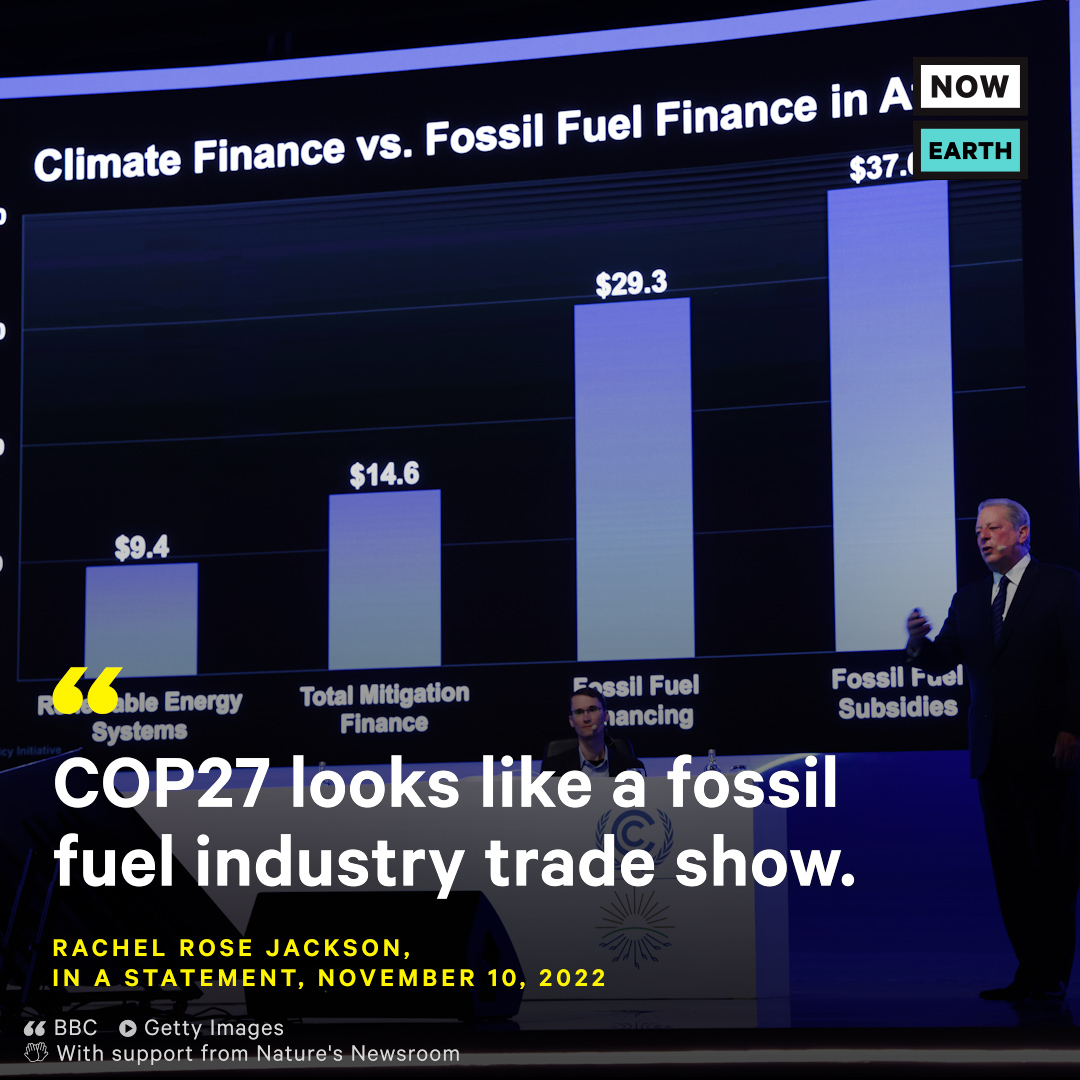
Xiye Bastida, the co-founder of the Re-Earth initiative, spoke with the Nature+ Newsroom at COP27 about the importance of not allowing corporations to dictate what activists can and cannot talk about.
Bastida said a supporting foundation of the Children and Youth Pavilion told attendees not to allow anyone to brand their organizations.
She mentioned that one of COP26’s issues was that it looked like an ad campaign, thanks to the corporate sponsors, and that COP27, which is sponsored by Coca-Cola, is exactly the same.
‘We cannot let ourselves, we, be bought and put a logo on them, because then there are certain narratives and discourses that are perpetuated, and we have to break out of that,’ Bastida said.
This video was created in collaboration with Nature's Newsroom (@Nature4Climate). #NaturePositive #ForNature #NatureZone
• • •
Missing some Tweet in this thread? You can try to
force a refresh










